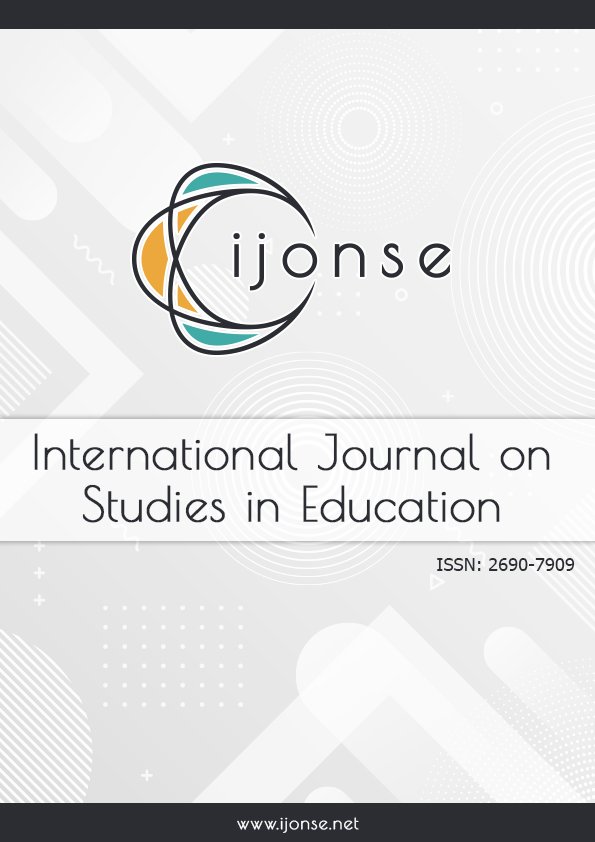Extra Credit as a Spaced-Study Motivator
DOI:
https://doi.org/10.46328/ijonse.166Keywords:
Bulk-learning, Spaced-learning, Bonus points, Extra credit, Classroom experimentAbstract
A big challenge in academia is motivating students and helping them store information long-term. One known method to help students retain information is spaced learning, which allows for certain time intervals in which concepts are re-tested versus waiting until the end of a block to test a learning objective. One method to motivate students is implementing bonus opportunities that keep students engaged in the material. We combine these methods via a spaced daily versus bulk review program incentivized with bonus points. To investigate this method, we designed and implemented a classroom research experiment during Fall of 2022 at the United States Military Academy in three courses. We found that students who were incentivized to do either daily or bulk review bonus opportunities were primarily those who already were doing well in the class. We also found that those who did not pursue bonus opportunities, regardless of section, indicated that time was their limiting factor. We present our findings including quantitative and qualitative results via course grades, mid-semester and end-of-semester surveys, and anecdotal experiences with our students. We then discuss the merit and potential improvement of the experiment to better understand the relationship between student motivation and long-term information retention.References
Rocha, M., Reynolds, M., & Park, S. (2023). Extra credit as a spaced-study motivator. International Journal on Studies in Education (IJonSE), 5(4), 496-514. https://doi.org/10.46328/ijonse.166
Downloads
Published
Issue
Section
License
Articles may be used for research, teaching, and private study purposes. Authors alone are responsible for the contents of their articles. The journal owns the copyright of the articles. The publisher shall not be liable for any loss, actions, claims, proceedings, demand, or costs or damages whatsoever or howsoever caused arising directly or indirectly in connection with or arising out of the use of the research material.
The author(s) of a manuscript agree that if the manuscript is accepted for publication in the International Journal on Studies in Education (IJonSE), the published article will be copyrighted using a Creative Commons “Attribution 4.0 International” license. This license allows others to freely copy, distribute, and display the copyrighted work, and derivative works based upon it, under certain specified conditions.
Authors are responsible for obtaining written permission to include any images or artwork for which they do not hold copyright in their articles, or to adapt any such images or artwork for inclusion in their articles. The copyright holder must be made explicitly aware that the image(s) or artwork will be made freely available online as part of the article under a Creative Commons “Attribution 4.0 International” license.

This work is licensed under a Creative Commons Attribution-NonCommercial-ShareAlike 4.0 International License.





